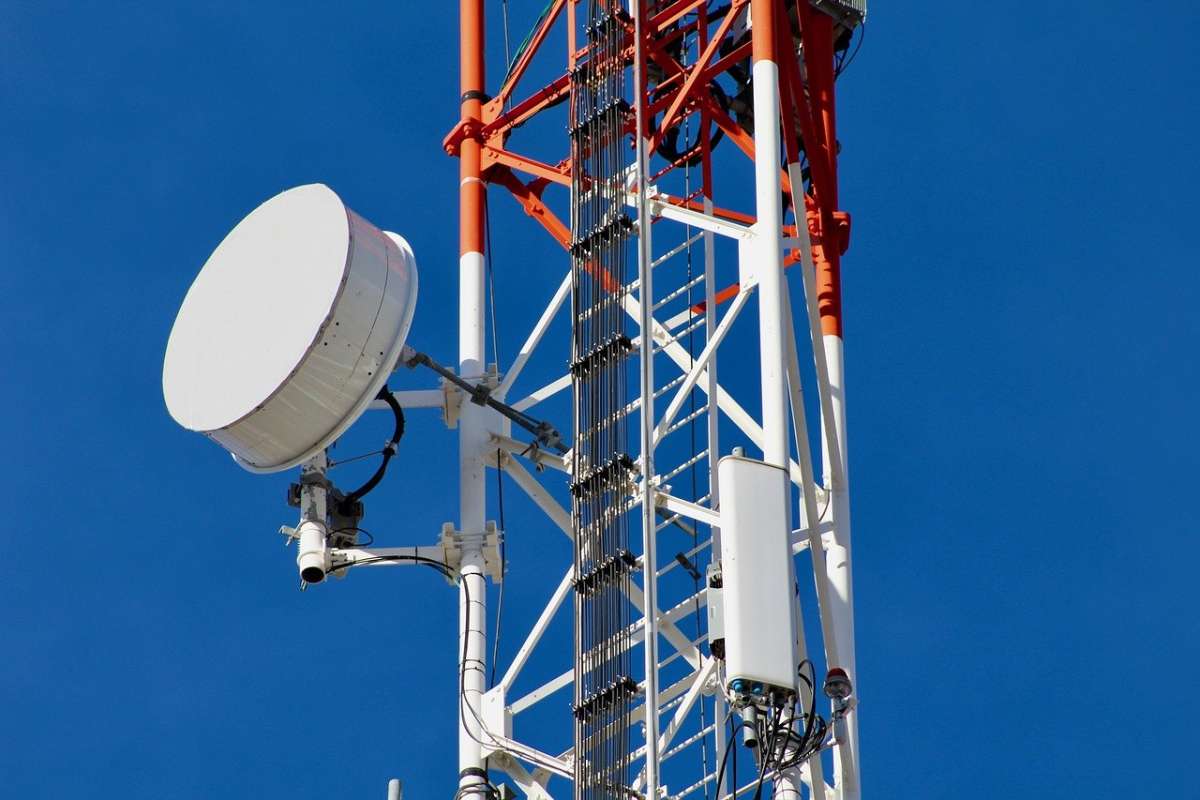
The Department of Telecommunications (DoT) has finalised the draft of the guidelines for the telecom sector’s Production Linked Incentive (PLI) scheme. According to a Financial Express report, the DoT has drafted the guidelines in such a manner that companies who promise to invest more than other companies will be given the PLI incentives.
Companies such as Ericsson, Nokia, Samsung, Ciena, Cisco, and more have ‘shown interest’ in taking part in the telecom PLI scheme announced by the Indian government with an outlay of Rs 12,195 crores.
MSMEs Minimum Investment Threshold Set at Rs 10 Crore
As per the draft guidelines, the minimum threshold of investment for micro, small, and medium enterprise would be Rs 10 crores. However, the threshold for all the other companies that play in the big leagues is Rs 100 crores.
According to the estimates, the telecom sector PLI would bring the Indian government tax revenues of about Rs 17,000 crores and generate investments of Rs 3,000 crores in the next five years.
However, the DoT has a very clever plan of generating maximum investments as possible for the country. The telecom department plans to extend the benefits of the PLI scheme to only 20 companies. Out of the 20 companies, 10 would be MSMSes and 10 would come from the big leagues or the general pool.
The latter 10 companies will have to promise more investments than all the other companies to receive the benefits of the PLI scheme. So if companies such as Nokia, Ericsson, Samsung, and more want to be part of India's PLI scheme, they would need to invest a minimum of Rs 100 crores or even more to be able to compete with the other companies.
For the unaware, the PLI scheme from the government was announced for several sectors of India, including the telecom industry, for motivating global vendors and local companies to manufacture equipment at a large scale within the boundaries of the country. This would bring tax revenue for the government and decrease its dependence on importing products from outside.
Further, the PLI scheme would also enable the Indian government to receive export revenues since global manufacturers such as Foxconn, Wistron, and more are setting shop in India to produce and sell internationally.














